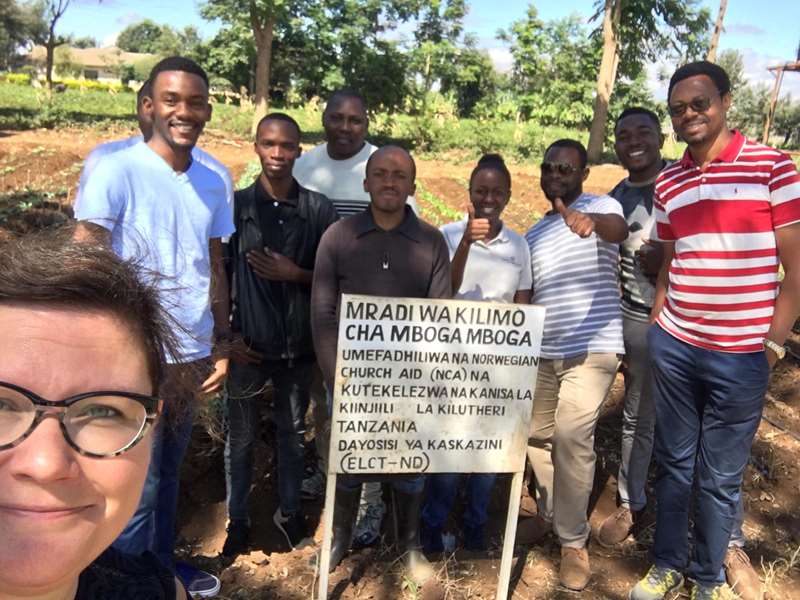Blogg-liste
Disruptive futures
In August, Walter Russell Mead wrote in The Wall Street Journal describing the COVID-19 pandemic “a dress rehearsal” and called for preparations for chaos and instability. According to professor Mead the world is entering a transformative era.

The unprecedent social and economic disruptions due to the pandemic have destabilized national economies across the globe. Tens of millions have lost jobs or savings. In developing countries, the situation is even worse. The pandemic is ranging through without much control. Everywhere in the world the decision makers are facing realities which may be just too much to any safety nets built.
It is six weeks since I joined the team of Norwegian Church Aid in Tanzania. Impressed by the reach and impact of the program I soon realized that dealing with the disruptive elements of COVID-19 would be one of the key challenges of my mission in Tanzania. For example, the impact of the pandemic has been a dramatic reality for the communities served by the Haydom Lutheran Hospital.
The World Health Organization (WHO) has repeatedly expressed its concerns over the Tanzanian government’s strategy on Covid-19. Overall, the government’s position has been that the health crisis has been more than exaggerated. In April, the government stopped publishing data on the number of the coronavirus cases. The economic and health impact is severe globally, including in Tanzania.
The political institutions have always dealt with unprecedent challenges. Why would it be any different now? The interconnected and globalised system, according to Mead, is very vulnerable to shocks like this pandemic, says Mead. Information technology is rocking the economies and democracies in an unprecedented way. It demands more than ever from decision makers. Nationalism, populism and tensions between superpowers are back.
The legitimacy of any actor, including relief organisations is dependent on their capacity to solve problems. While the impact of the COVID-19 is felt in communities my colleagues at NCA Tanzania and our partners are – and need to be – pushing even harder for results. Results, which will be achieved through alternative strategies. For any plan, there needs to be a plan B and plan C.
Disruptions, be it due to the pandemic, the changed situation in the communities whom we serve or in the political dynamic challenge us to examine critically our ways of working and deploying information technology to help us to progress towards our goals on where we can.
There is a growing sense that there will be no quick fix which would stabilize us back to where we were. It may well be that the disruptive futures are the new normal for relief work as well. This requires more innovation, flexibility and willingness to challenge habitual ways. It requires more focus on goals and ability to reach them regardless of unpredictable and rapidly changing realities. Despite continued complexity, relief organisations need to be able demonstrate their daily added value.
